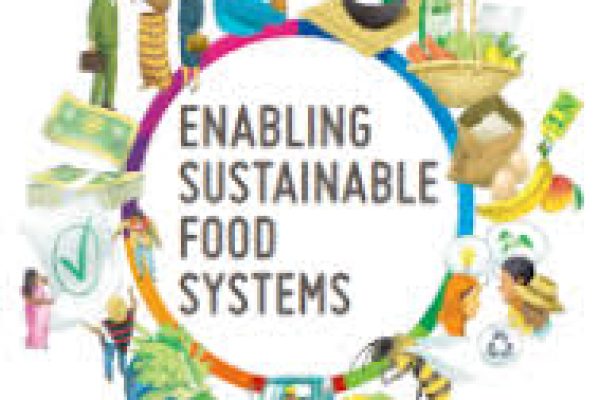
1. Safe (safer) from agro-chemicals Organic farming methods do not allow use of any agro-chemicals. Neither are agro- chemicals allowed to be used in post-harvest practices and processing. This means produce and products free from toxic sprays.
2. Free from hormones and antibiotics– Organic animal husbandry prohibits use of hormones and anti-biotics. Allowed in conventional farming, these hormones and anti-biotics have been shown to be passed on in milk, meat, and eggs.
3. Free from artificial flavoring, coloring, and chemical preservatives. These are not alllowed in process organic foods, only natural colorings, flavorings, and preservatives (like salt and vinegar) may be used.
4. Humane treatment of animals. Organic farming does not allow such practices as caging chickens and cattle, now all too common. Organic farming supports animals raised to live in natural conditions.
5. Higher vitamin content and food value– Many studies have shown that organic produce has more vitamins and minerals per gram or ounce of produce. So while an organic tomato or head of lettuce may look much like its non-organic counterpart, these studies have shown that there is a difference in food value. Organic farmers credit this to the health of plants growing in healthy balance soil verses plants that are “force-fed” on a diet of unbalanced chemical fertilizers.
6. Improved soil and water quality. Organic farming practices work to improve soil quality and health and reduce erosion. Where chemical farming has many chemical residues that often leach into water supplies, organic farming practices do not use such chemicals and uses slow releasing organic fertilizers that do not leach so easily into ground water.
7. Maintain and Increase Biodiversity. Organic farming works to protect and increase biodiversity, rejecting monocropping and encouraging a healthy farm ecology to develop.
8. Reduce Global Warming. Organic farming has been shown to help reduce global warming in two key ways. First it does not use chemical inputs that require a lot of energy to produce and transport. It encourages use of local organic materials for fertility management that for the most part would otherwise go to waste. Secondly it works to increase organic matter in the soil, which mean increasing the amount of carbon matter. Even a small increase in soil organic matter can mean a large amount of carbon that is sequestered per farm. This means less CO2 in the air.
9. Better for the farmers involved, for their health and economic viability. Organic farmers do not have to expose themselves to toxic chemicals. They also in many case have a closer relationship with the consumers who buy their produce, whether this directly though CSA and farmers markets or indirectly though being part of a fair trade group. In any case this mean a more sustainable living for organic farmers.



